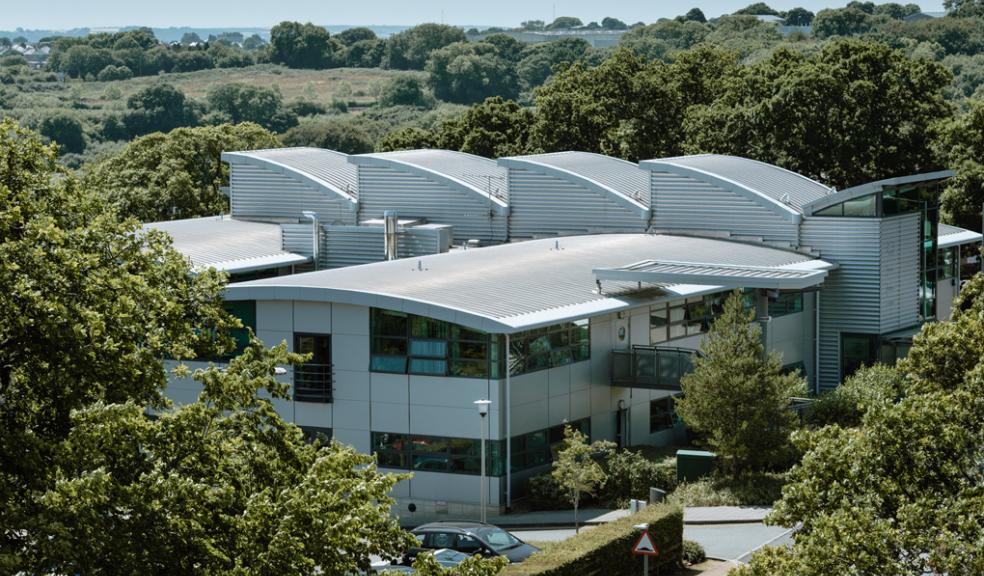
City's top health experts speak at Science Park conference
SOME of the most powerful and influential health professionals in the west country attended a free health conference at Plymouth Science Park addressing the status of healthcare in the city and its future.
The “Health and the City’ conference was organised by Plymouth Science Park and 100 delegates signed up for the event held in conferencing rooms at the 25-acre site adjacent to Plymouth’s Derriford Hospital.
Speaking of the major changes needed to help to address the health challenges of 21st Century healthcare, Ann James, CEO of the Plymouth Hospitals and NHS Trust said that cutting out bad habits and embracing new technologies was key to addressing and streamlining treatment and care for patients.
“Making changes towards healthier lifestyles alongside embracing world wide innovations and new technologies has the potential to transform care as much as the introduction of the Internet has to our everyday lives,” she said.
Research done on the health of the people of Plymouth found that four lifestyle choices lead to four diseases that contribute to 54% of deaths in the city. That 4-4-54 statistic is being used to create new strategies to reduce smoking, drinking, poor diet and lack of exercise in Plymouth.
Kelechi Nnoaham, Director of Public Health Plymouth, said that alcohol abuse remains one of the key areas that needs addressing in the city. There is a peak in admissions for liver disease in the middle-aged, particularly among women. Plus there are problems with young people abusing alcohol in the city.
“Life expectancy in Plymouth is increasing and the gap between communities narrowing,” said Professor Nnoaham. “This is great news but we still have some way to go. Many people still drink alcohol at levels higher than recommended – both local and national research identifies worrying patterns amongst women, managerial and professional occupations.
“We know that there are four discreet lifestyle behavioural choices that lead to four conditions that together account for majority of deaths in Plymouth. It is essential that health professionals continue to work together and with communities to empower people to make the right choices and create conditions that support healthier choices. By working together we can sustain the early progress we are seeing in helping people to focus on their own health through better choices in respect of smoking, alcohol, physical activity and diet.”
He stressed that an unprecedented level of cross-organisational collaborative working in the city is proving to be successful in combatting health challenges in the city. Startling statistics show a huge drop, from 70% to 50%, of incidents of stroke and heart disease in the Devonport area since partnership working has been successfully implemented.
“Partners in the city are working together like never before; never before has there been such great joint working, supporting the development of healthy and happy communities in Plymouth by using social networks, increasing investment in public health and putting health and wellbeing at the heart of everything we and our partners do.”
Christian Jenkins, Director of Operations of Plymouth Science Park, says: “We brought together the most influential medical experts in the west country for this conference to address the future of medical innovation.
“The future of medical care relies not only on the practicalities of treating patients but also preventative work and not only focussing on research but also on adopting new technologies such as those developed by businesses here on the science park. The use of social media and the internet is key to that and e-health technologies are consistently and continually developing.
“Here at Plymouth Science Park we are perfectly placed to help health professionals in whatever field of health expertise they work in and are proud to be pro-actively supporting the health community by bringing it together and organising conferences and information-sharing events like this.”













